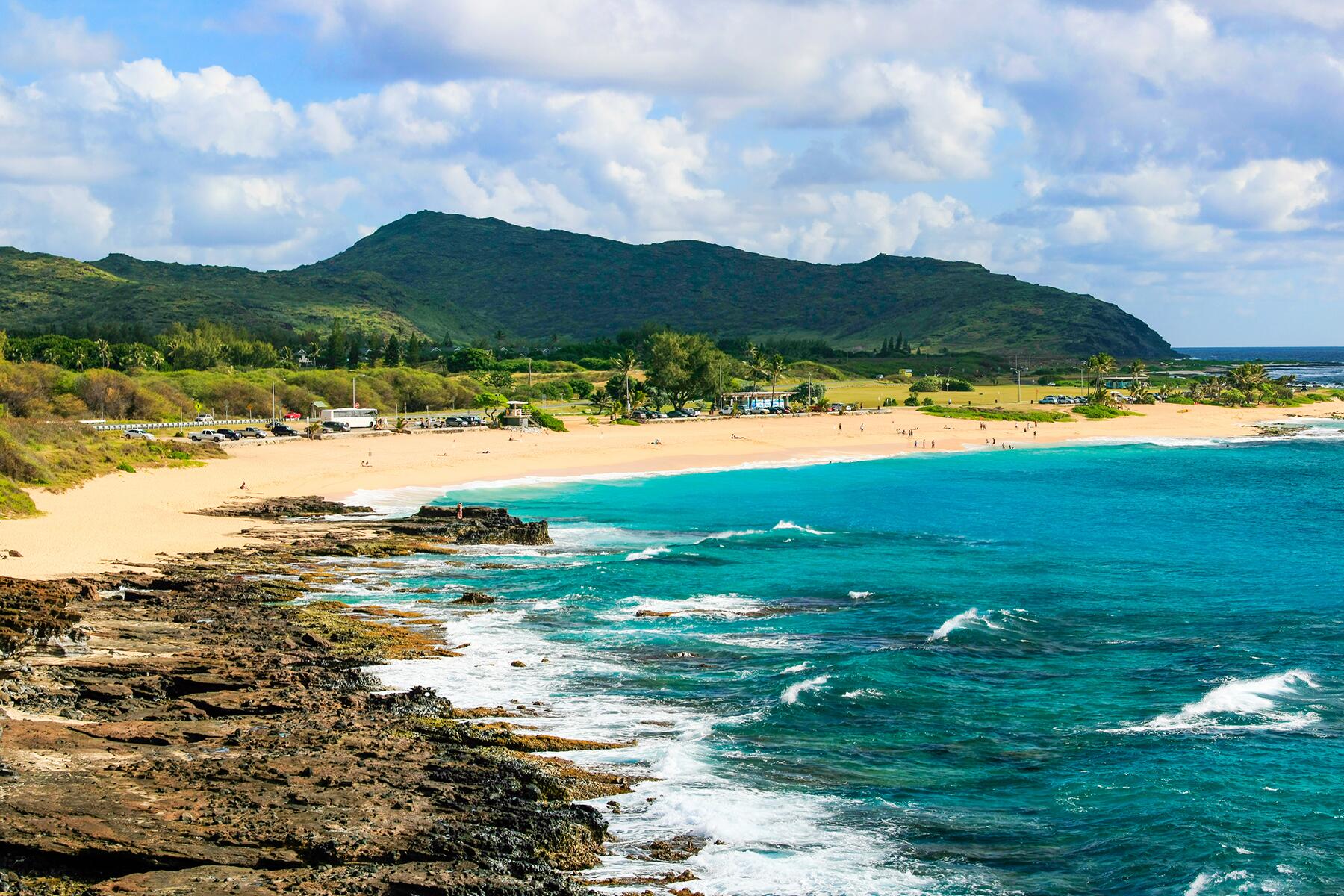It can happen anytime, anywhere.
On September 8, 2023, an 6.8-magnitude earthquake rocked Marrakech in Morocco. Rescue efforts are ongoing, but as per latest reports, more than 2,800 have been killed and 2,500 are injured. It is the deadliest earthquake in over six decades and Spain, the UK, the UAE, and Qatar have sent aid as more heart-breaking stories come to light. Earlier this year, Turkey and Syria were also impacted by an earthquake and 28,000 people died and recovery is still underway.
In the wake of these events, it’s important to know what to do when there’s an earthquake while you are traveling.
You don’t want to be thinking about natural disasters when you’re planning your holiday but around the world, many cities are on fault lines and experience earthquakes more than others—they can still happen anywhere, at anytime. When you are traveling, especially if you haven’t experienced an earthquake before, it can be disorienting at best. And, earthquakes can’t be predicted; you can only mitigate risks, be informed of the situation, and understand how to act and keep yourself safe. This information may also be important so you’re not in the way as a tourist.
Before You Go
Read about the destination you are visiting. When you’re traveling to a destination that’s prone to quaking, you need to follow local advice and recommendations. Japan, for example, has a robust system for earthquakes and you get alerts on your phone to give you a few seconds head start. People stay inside buildings because the new ones are earthquake-resistant, but other countries may not have safe buildings, so the protocols may differ.
Recommended Fodor’s Video
Sign up for the Smart Traveler Enrollment Program (STEP). It’s a free service that lets the U.S. embassy contact you when there’s an emergency, keeps a track of you, and keeps you informed. Make sure you have the numbers of local emergency services (their version of 911) as well as your embassy address and contact information stored somewhere accessible (a notebook, your phone etc). You should also keep copies of your important documents on your phone (your passport, flight tickets, visas, or itineraries).
During The Earthquake
The CDC has a primer document on how to act when there’s an earthquake—this is a good place to start. It suggests that the moment the earth shakes, you should take cover under a piece of furniture (a table or a desk) and cover your head and neck. Stay where you are because moving is more dangerous. So, stay inside if you are indoors and if you’re outside, walk away from bridges, sinkholes, and buildings. If you are driving, stop safely and stay parked until the shaking stops.
It is a myth that doorways are safe—they are not, so don’t stand under one. Be aware of anything that may fall on you like things on the shelves, so ducking and covering is vital. Don’t use elevators in buildings. In the mountains, look out for landslides and if you’re near the shore, evacuate to high ground when the earthquake stops because there may be a risk of a tsunami.
Related: Years Later, Japan Is Still Recovering From the Tragedy That Shook Fukushima
After The Earthquake
There are often aftershocks, so watch out for them. Don’t get out until you ascertain it’s safe. Keep an eye on local news that will tell you which areas are most affected. You may have to be evacuated, you may lose power or water, or you may need medical attention, so keep numbers of emergency services handy. Lines may be busy or jammed so call only if you need help. You may also be able to ask your hotel/Airbnb for resources and aid.
You may be stranded for a while if the situation is as bad as it was in Turkey or Morocco. Stock up on supplies and contact the embassy as soon as possible to assess whether they can help get home safely.




